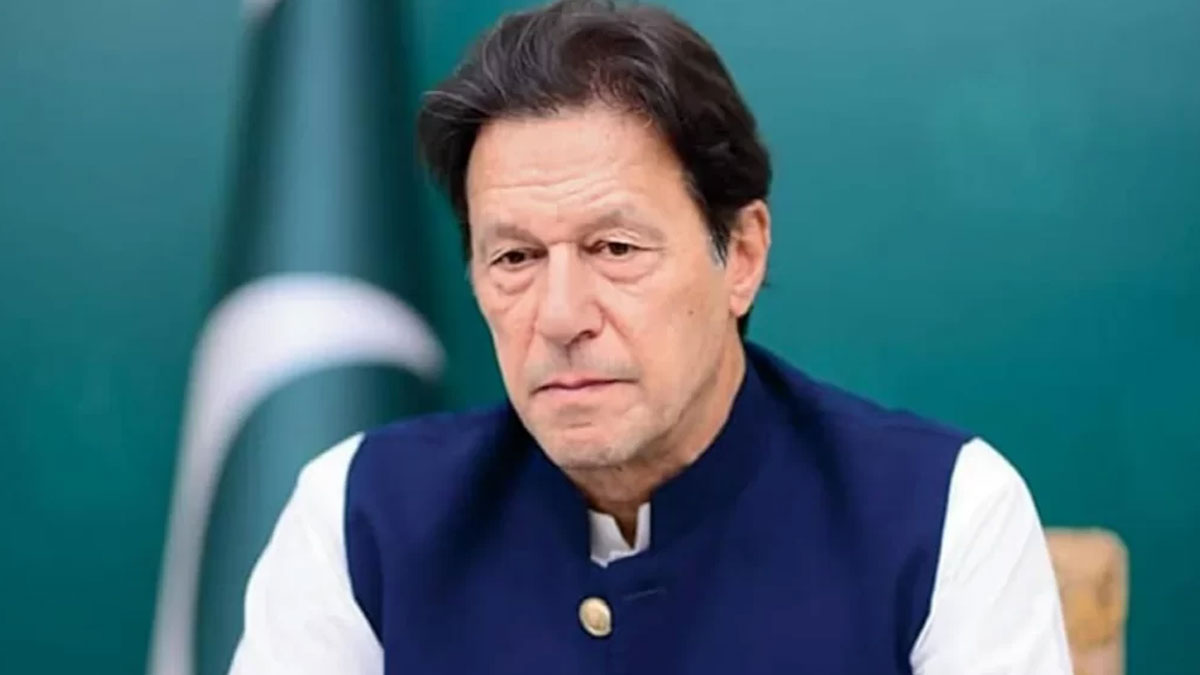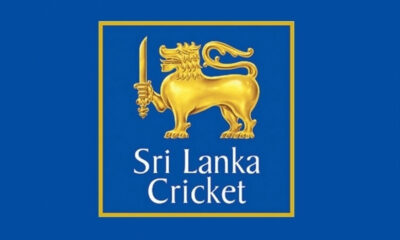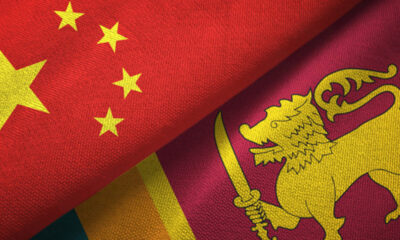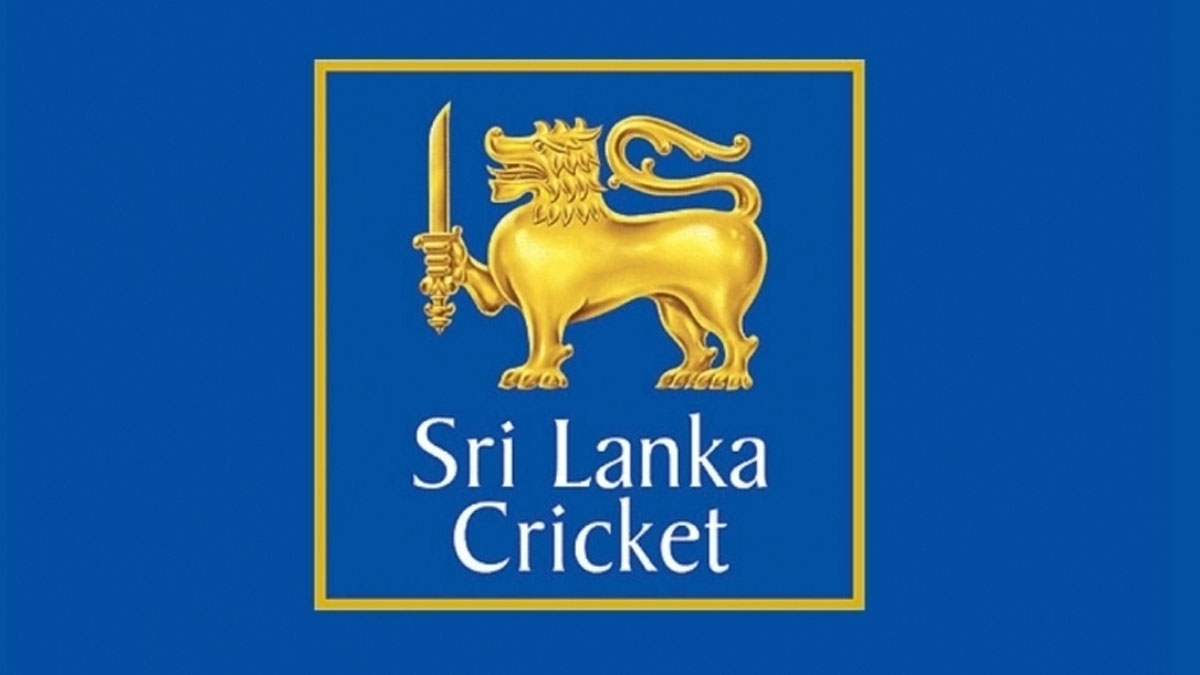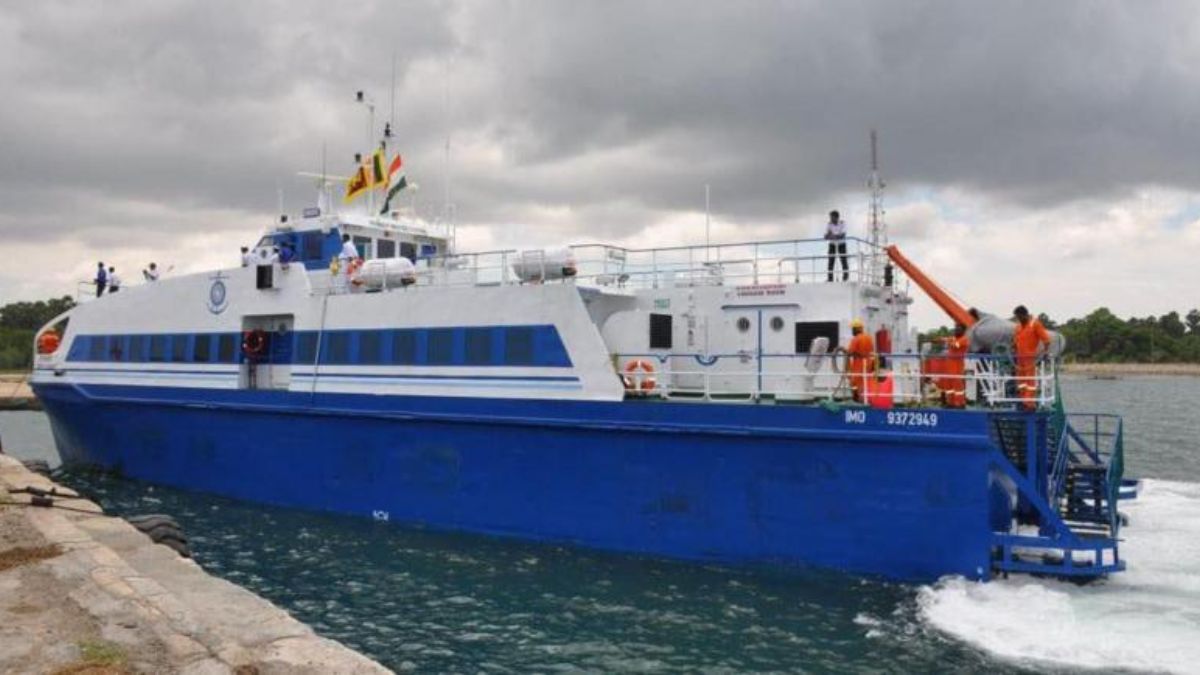Jailed former Prime Minister Imran Khan’s Tehreek-e-Insaf (PTI) party is set to emerge as the leading force in Pakistan’s parliamentary elections, although falling short of an absolute majority, according to reports from Pakistani media.
As of Saturday morning, the latest vote count revealed that PTI-affiliated independent candidates had secured 99 out of the 266 seats, while Nawaz Sharif’s Pakistan Muslim League (PMLN) won 71 and Bilawal Bhutto Zardari’s Pakistan People’s Party (PPP) obtained 53 seats.
A majority requires 133 seats, leaving 43 seats yet to be determined.
Imran Khan, currently in prison, delivered an unexpected victory speech generated by artificial intelligence.
This unprecedented move comes amidst a crackdown on the opposition, resulting in the imprisonment of Khan and several other party leaders.
Khan faced convictions in three cases over the past two weeks, involving alleged false marriage, divulging state secrets (connected to a leaked official message he denies), and purportedly selling presents gifted by foreign leaders during his tenure as Prime Minister.
The victory for PTI has stunned many observers, as the party appeared to be in disarray due to the imprisonment of its leader and other prominent figures. Notably, PTI candidates were compelled to run as independents after the Election Commission of Pakistan stripped the party of its familiar cricket bat symbol.
In response to the unexpected results, former Prime Minister Nawaz Sharif, who initially claimed victory for PMLN, has now expressed his intention to explore forming a coalition government with the rival PPP led by Bilawal Bhutto Zardari, the son of the late Prime Minister Benazir Bhutto.
The outcome of these elections marks a pivotal moment in Pakistan’s political landscape, with the unexpected success of PTI challenging conventional expectations despite the challenges faced by its leadership.
As the country awaits the final seat tally and potential coalition negotiations, the political future of Pakistan hangs in the balance.

 News4 days ago
News4 days ago
 Sports2 days ago
Sports2 days ago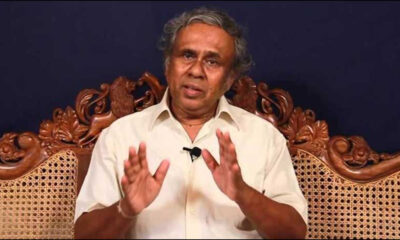
 News3 days ago
News3 days ago
 Entertainment5 days ago
Entertainment5 days ago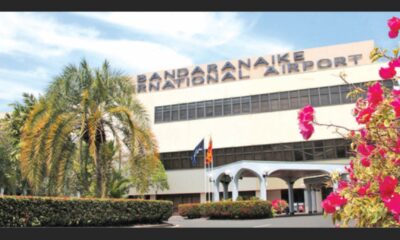
 News3 days ago
News3 days ago
 News2 days ago
News2 days ago
 News5 days ago
News5 days ago
 BIZ4 days ago
BIZ4 days ago

